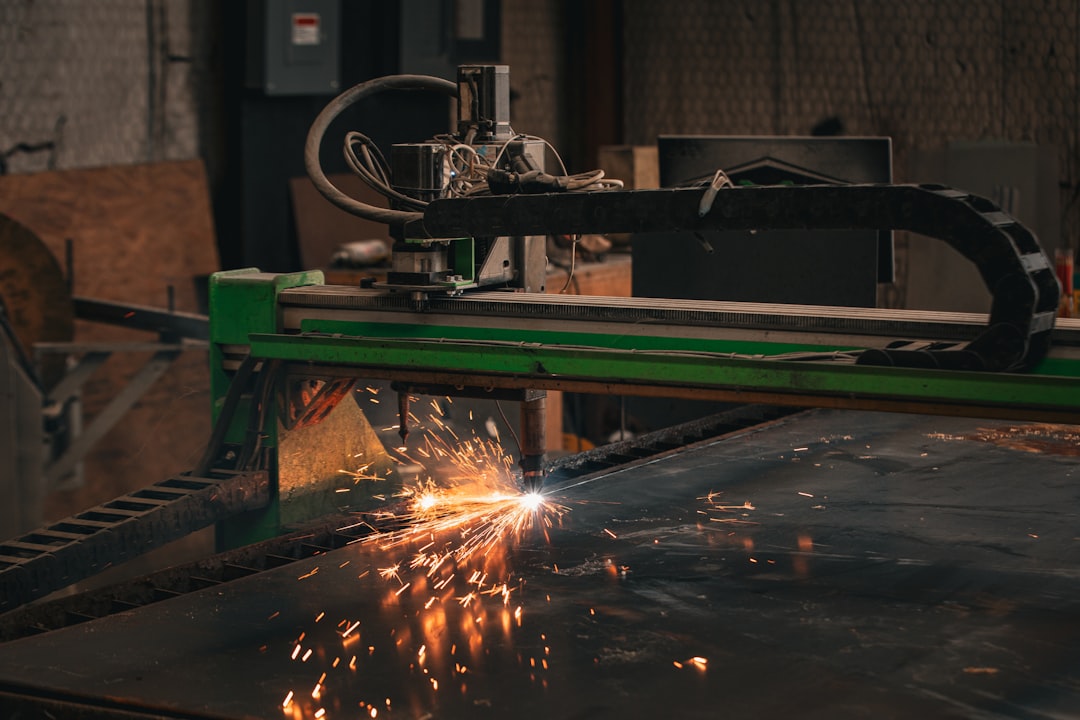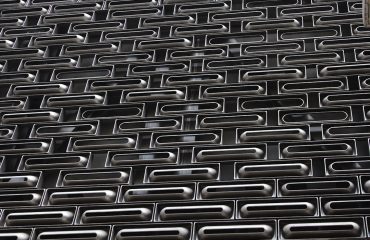The steel industry, a cornerstone of global infrastructure and manufacturing, is undergoing a profound transformation driven by digitalization. From raw material sourcing to final product delivery, technology is reshaping every aspect of steel commerce, increasing efficiency, transparency, and profitability. This post delves into the key areas where digitalization is making its mark.
1. Streamlining the Steel Supply Chain with Digital Tools
The steel supply chain is notoriously complex, involving numerous intermediaries, geographically dispersed operations, and intricate logistical challenges. Digitalization offers powerful solutions to streamline this process. Real-time tracking of materials using RFID and GPS technologies provides unparalleled visibility into the movement of goods, enabling proactive management of potential delays and bottlenecks. Advanced analytics, powered by big data, can predict demand fluctuations, optimize inventory levels, and improve forecasting accuracy, minimizing waste and maximizing resource utilization. Furthermore, digital platforms are connecting buyers and sellers directly, reducing reliance on traditional intermediaries and fostering greater transparency in pricing and transactions.
2. Enhancing Customer Experience through Digital Platforms
The digital age demands seamless and personalized customer experiences. In the steel industry, this translates to online ordering portals, real-time order tracking, and customized communication channels. Digital platforms empower customers to access detailed product information, compare prices, and manage their accounts with ease. Automated order processing and personalized recommendations enhance efficiency and customer satisfaction. Moreover, the integration of CRM systems enables steel companies to build stronger relationships with their customers, understanding their specific needs and preferences, and providing tailored solutions.
3. Leveraging AI and Machine Learning for Predictive Maintenance and Quality Control
Artificial intelligence (AI) and machine learning (ML) are revolutionizing predictive maintenance in steel manufacturing. By analyzing sensor data from production equipment, AI algorithms can predict potential failures before they occur, minimizing downtime and reducing maintenance costs. Similarly, AI-powered quality control systems can identify defects in real-time, ensuring that only high-quality steel products reach the market. This enhanced quality control translates to improved customer satisfaction and reduced product recalls, safeguarding the reputation of steel companies.
4. Blockchain Technology: Securing and Streamlining Steel Transactions
Blockchain technology offers a secure and transparent way to track and manage steel transactions throughout the supply chain. By recording all transactions on a distributed ledger, blockchain eliminates the risk of fraud and counterfeiting. It also enhances traceability, allowing buyers to verify the origin and authenticity of the steel they purchase. This increased transparency builds trust among all stakeholders, from raw material suppliers to end-users. Moreover, blockchain can automate certain aspects of steel trading, reducing administrative overhead and speeding up the transaction process.
5. The Rise of E-commerce in the Steel Industry
The traditional model of steel trading, relying heavily on phone calls, emails, and physical meetings, is gradually giving way to e-commerce platforms. These platforms provide a convenient and efficient way for buyers and sellers to connect, negotiate prices, and manage transactions online. E-commerce platforms offer a wider reach, connecting steel producers with a global customer base. They also enable price transparency and facilitate competition, potentially leading to more competitive pricing. Furthermore, the integration of e-commerce with other digital tools, such as supply chain management systems and CRM systems, creates a holistic digital ecosystem for steel commerce.
In conclusion, digitalization is transforming the steel industry at an unprecedented pace. By embracing new technologies and integrating them strategically, steel companies can enhance efficiency, improve customer experiences, and secure a competitive advantage in the global market. The future of steel commerce is undeniably digital, and those who adapt quickly will be best positioned for success.
SEO-Friendly Tags:
- Digitalization in Steel
- Steel Industry 4.0
- Steel Supply Chain Management
- Steel E-commerce
- Blockchain in Steel




